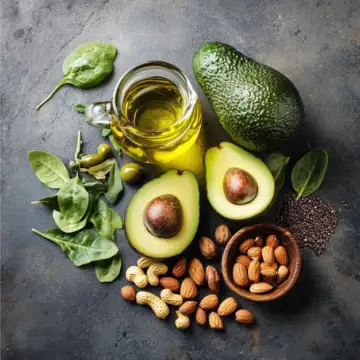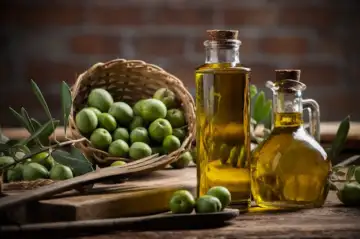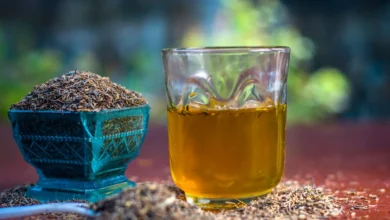Can Your Cooking Oil Cause Cancer? Expert Wants You To Know These 3 Key Points

Can Your Cooking Oil Cause Cancer? Expert Wants You To Know These 3 Key Points
Can your everyday cooking oil be a hidden health hazard? A recent U.S. study has sparked debates on the link between cooking oils and cancer risk.To address these concerns, we spoke to Dr Sachin Trivedi, Director of Medical Oncology at HCG Cancer Centre, Colaba, who explained the study’s findings and highlighted key preventive measures.
Is The Study Viable?
The viability of the U.S. study on cooking oils and cancer depends on several factors, including its research design, sample size, and data analysis. While the study provides valuable insights, Dr. Trivedi emphasises that more comprehensive research is necessary. “To be more convincing, a study focused on cooking oils and cancer risk must include a large and diverse sample and control for other variables like diet and lifestyle,” he explains.

Additionally, since the study was conducted solely in the U.S., Dr. Trivedi suggests that a broader, cross-sectional study involving participants from different geographical regions would provide more conclusive results. A prospective follow-up study would further establish a direct link between specific types of oil and cancer risk. “A wider geographical cross-sectional study followed by a prospective study will be needed to prove a direct link between type of oil and cancer,” he adds.
Can Cooking Oil Cause Cancer? If Yes, Which Type Of Oil Specifically?
Certain cooking oils have been linked to cancer risk, especially when subjected to high temperatures. “We are aware of the fact that certain oils, especially those rich in polyunsaturated fats, can become risky when heated at high temperatures,” Dr Trivedi warns. Oils like soybean oil, corn oil, and sunflower oil produce harmful compounds such as aldehydes and acrylamide during the frying process. These compounds are known carcinogens and can increase cancer risk.
The danger escalates when oils are reused for frying. “The risk of cancer increases when oils are reused for frying again and again or when oils have undergone processing with trans fats,” Dr Trivedi highlights. Repeated heating alters the structure of the oil, forming toxic substances that can harm health.

On the other hand, oils like olive oil and avocado oil, which are rich in monounsaturated fats, are considered safer. “Oils such as olive and avocado oil, which are high in monounsaturated fats, are safer when used in moderation,” says Dr Trivedi. However, the study also noted that ultra-processed foods, which often contain altered oils, may pose additional risks.

Preventative Measures
Fortunately, there are ways to reduce the cancer risk linked to cooking oil. “To minimise risk, it’s advisable to use oils with higher smoke points, like avocado or olive oil, and avoid reusing oils,” Dr Trivedi advises. Higher-smoke-point oils can withstand more heat before breaking down into harmful compounds.
Don’t Miss: 7 Reasons Why You Should Eat Dates Daily

Switching cooking methods is another key prevention strategy. Deep-frying should be limited, while healthier cooking techniques like steaming, boiling, grilling, or baking are recommended. These methods reduce the need for high-heat cooking and minimise the production of carcinogenic compounds.
Importantly, Dr Trivedi clarifies that it’s not necessary to eliminate seed oils from your diet. “Based on this study, we do not advocate stopping the consumption of seed oil,” he states. Instead, it’s all about moderation and smarter cooking practices.
While cooking oil can play a role in cancer risk, it’s the type of oil, cooking method, and frequency of reuse that matter most. By making small changes in daily cooking habits, you can significantly reduce potential health risks.
Big change in travel and medical tax free perquisite in Budget 2025: Details here









